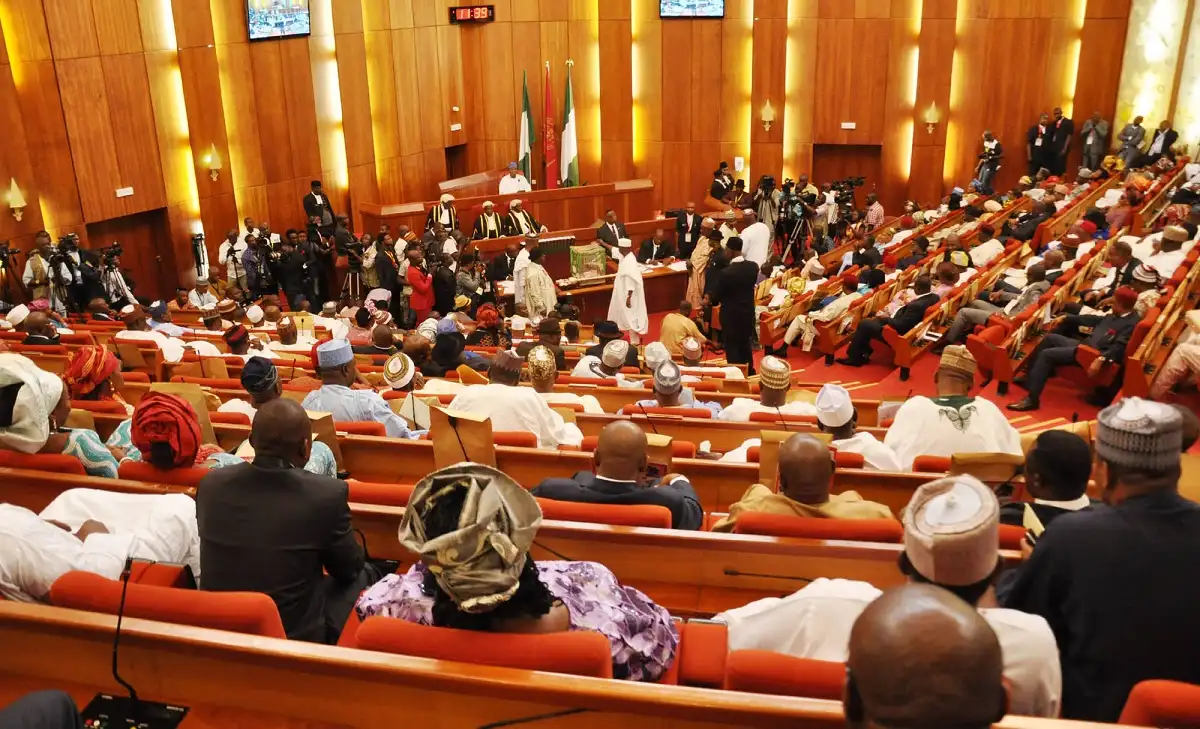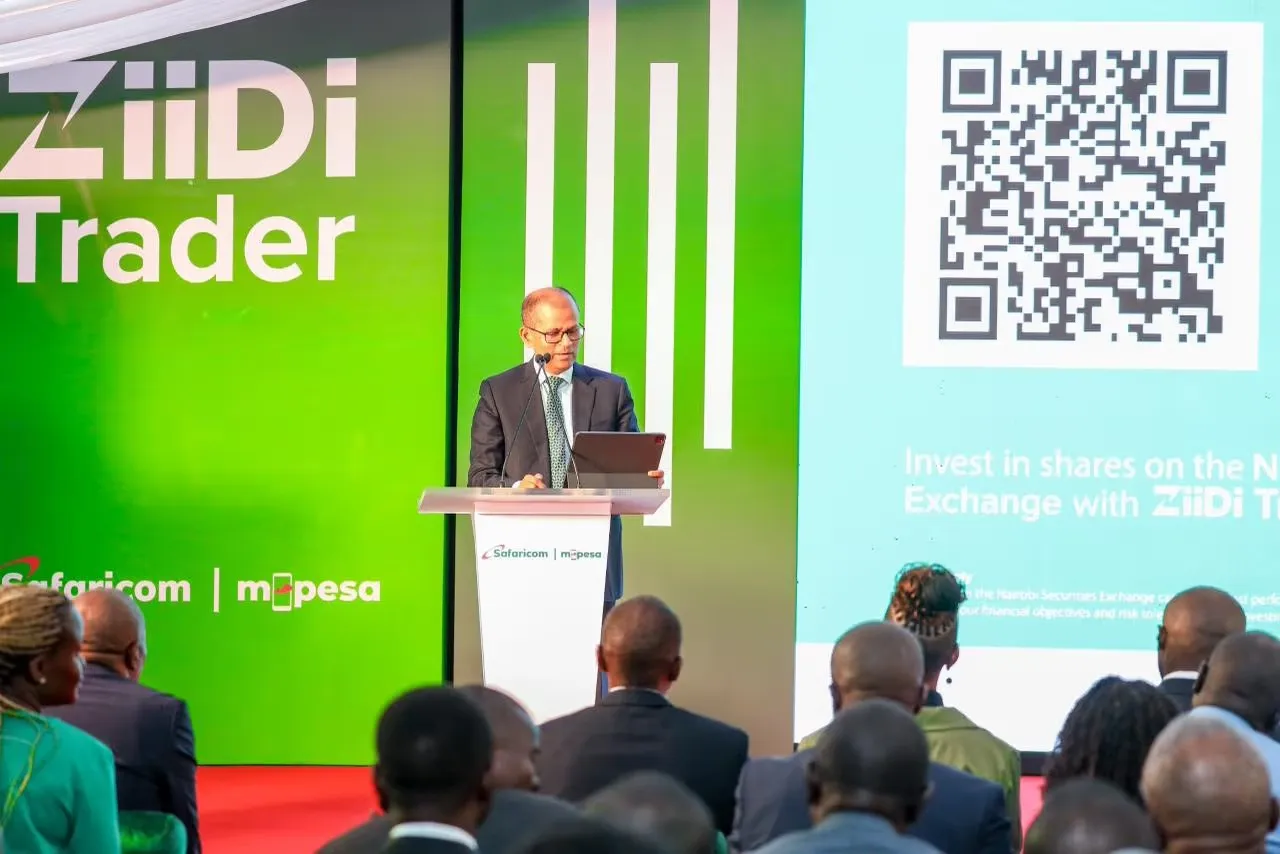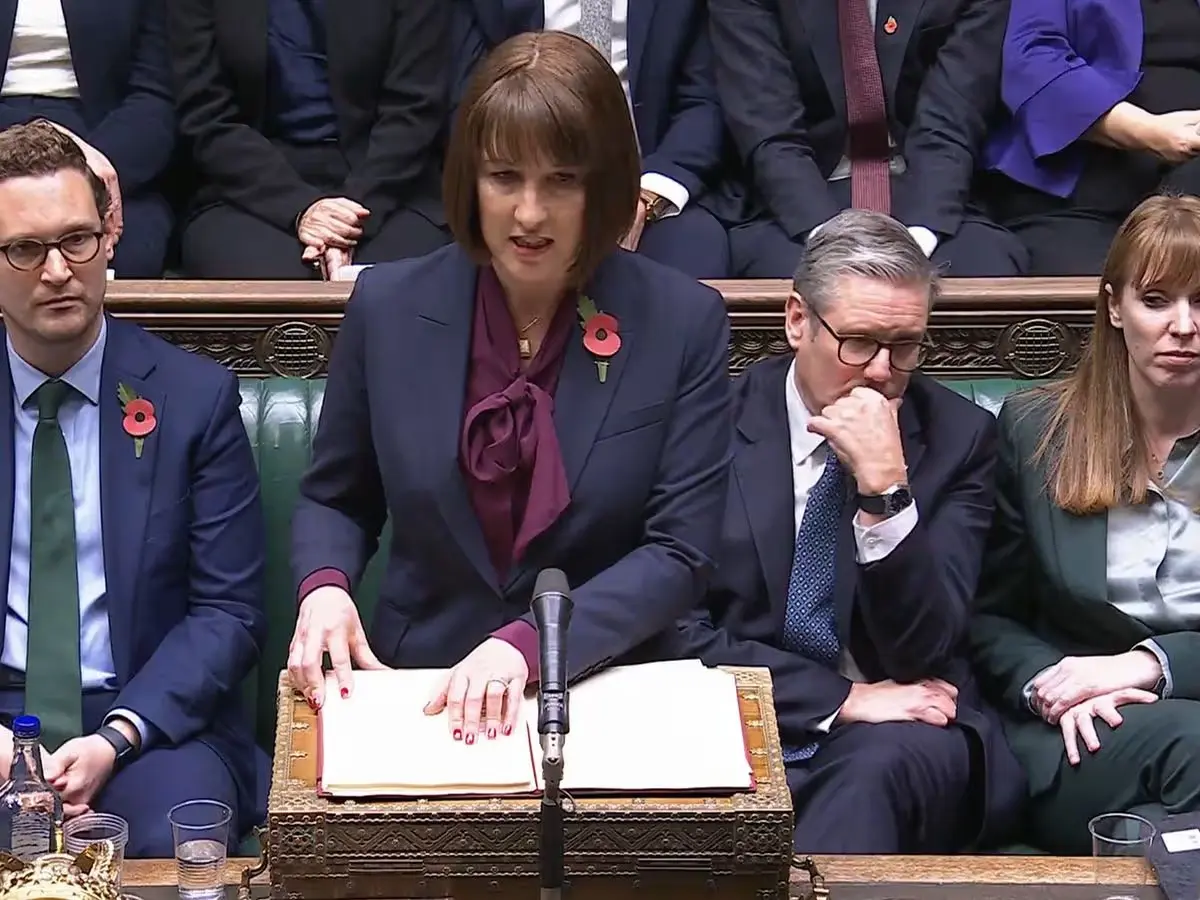In a landmark move to shore up public finances, Nigeria’s Senate on May 9, 2025 approved four crucial tax reform bills designed to raise government revenue, streamline tax administration and strengthen fiscal discipline. Spearheaded by President Bola Tinubu’s administration, these measures mark the culmination of a sweeping overhaul that began with subsidy removals and multiple naira devaluations, and now shifts focus to overhauling the nation’s tax framework to reduce chronic budget deficits and reliance on borrowing.
Ambitious measures amid macroeconomic strains
Nigeria currently collects just 10.8% of GDP in tax revenue—well below the 15–20% average for emerging markets—forcing the government to tap debt markets to fund essential spending IMF. With consumer-price inflation projected at 26.5% and real GDP growth expected to be around 3.0% in 2025, according to the IMF, fiscal reforms are urgent to stabilize debt dynamics and finance health, education and infrastructure needs without placing undue strain on future generations.
Core components of the tax reform package
- Value-Added Tax (VAT) Increase:
The most contentious element raises VAT from 7.5% to 12.5% in 2026, with an intermediate hike to 10% in 2025. Essential items such as unprocessed foods and children’s clothing remain zero-rated, while luxury goods still attract higher duties. The incremental schedule aims to balance revenue needs—estimated at an additional NGN 1.2 trillion (US $2.5 billion) annually—with consumer affordability practiceguides.chambers.com. - Creation of the Nigeria Revenue Service (NRS):
Repealing the 2007 Federal Inland Revenue Service Act, the new NRS consolidates tax collection across federal, state and local governments under one autonomous body. This aims to eliminate overlaps, reduce leakages and improve compliance by deploying unified digital platforms and mobile tax offices to underserved regions fiscalreforms.ng. - Joint Revenue Board (JRB):
Establishing the JRB to coordinate revenue-sharing among federal, state and local tiers will replace multiple ad hoc committees. The board will use real-time data analytics to adjust allocations based on population movements and economic activity, helping to resolve the north-south tensions that flared over revenue distribution proposals earlier this year Financial Times. - Review of Petroleum Profits and Royalties Collection:
Amendments to the oil law transfer fiscal administration duties—such as royalty and petroleum profits tax collection—directly to the NRS, rather than dispersing them across ministries and agencies. This is projected to yield an extra NGN 300 billion (US $620 million) annually through faster remittance and lower compliance costs for oil producers Reuters.
Political dynamics and stakeholder reactions
Although the bills cleared the lower House in March, they faced stiff resistance in the Senate from governors and lawmakers within Tinubu’s All Progressives Congress, who warned the VAT hike would deepen hardships amid the highest inflation in two decades. Northern legislators, echoing FT analysis, argued that shifting VAT-sharing rules would penalize less affluent states disproportionately, intensifying the historic north-south divide Punch Newspapers.
Civil-society groups and chambers of commerce have urged the government to couple the reforms with targeted social spending—such as cash transfers and agricultural subsidies—to cushion low-income families. The VAT bill includes provisions for periodic reviews based on poverty metrics and mandates that a portion of proceeds fund health insurance for pregnant women and children under five.
Implementation roadmap and capacity building
With both chambers now reconciling their versions, final presidential assent is expected by July 2025. Key post-enactment milestones include:
- September 2025: Establishment of NRS headquarters and appointment of its director-general.
- December 2025: Rollout of a nationwide digital tax-filing system, integrating biometric identification to curb fraud.
- March 2026: JRB issues first formula-driven revenue-sharing allocations to subnational governments.
- June 2026: First tranche of VAT increase to 10% takes effect.
To support these milestones, the World Bank is preparing a technical-assistance package worth US $150 million, focusing on training 5,000 tax officers, deploying e-invoicing solutions and developing public-awareness campaigns to improve voluntary compliance Open Knowledge Repository.
Expected fiscal impact and broader significance
If fully implemented, the reform package could boost Nigeria’s tax-to-GDP ratio by at least 3 percentage points over three years, narrowing the budget deficit from a projected 4.5% of GDP in 2025 down to around 2% by 2028 Business Day. This additional revenue—estimated at NGN 2 trillion (US $4.1 billion) annually—will help finance Tinubu’s infrastructure drive, including power-plant expansions, road networks and digital connectivity projects under the National Broadband Plan.
By modernizing tax administration, Nigeria also signals credibility to investors and multilateral lenders, potentially improving sovereign ratings. The IMF’s 2025 Article IV mission lauded the reform package as “an essential pillar of macro-fiscal stability,” recommending complementary measures such as phasing out discretionary waivers and strengthening anti-corruption enforcement IMF.
Comparative perspectives and regional ripple effects
Nigeria’s peers in Sub-Saharan Africa have embarked on similar paths. Kenya raised VAT to 16% in 2024 alongside corporate-tax broadening; Ghana implemented a 15% VAT in 2023 with digital-tax enforcement; and South Africa is slated to increase its VAT by 1 percentage point in 2026 to shore up social grants. These moves underscore a continental shift toward consumption-based taxation amid waning donor flows and rising debt-service burdens IMF.
Stronger revenue mobilization in Nigeria—Africa’s largest economy—could also enhance funding for the African Continental Free Trade Area (AfCFTA) secretariat and related infrastructure, supporting intra-continental trade corridors from Abuja to Lagos and beyond.
Challenges ahead: compliance, equity and digital divides
Despite its promise, the reform agenda faces hurdles:
- Tax compliance culture: Only 40% of registered businesses file returns regularly. The NRS must combine enforcement with taxpayer education to foster a culture of civic duty.
- Digital infrastructure gaps: Rural areas still lack reliable internet; mobile-filing kiosks and USSD-based systems will be critical to reach informal-sector traders.
- Equity considerations: Ensuring that VAT increases do not unduly harm poorer households requires robust targeting of exemptions and social-safety nets financed by the new revenues.
Experts recommend establishing a permanent Tax Policy Council, co-chaired by the finance and planning ministers alongside private-sector representatives, to monitor impacts and fine-tune rates and thresholds annually.
Human stories: tax reform on the ground
For smallholder farmers in Kano, streamlined value-added tax procedures—tied to digital payment platforms—mean quicker access to input subsidies and fertilizer vouchers, thanks to mobile registration and e-wallet disbursements. As one maize grower noted, “Before, officials vanished with our paper forms; now I get alerts on my phone when I qualify for support.”
In Lagos’s tech hub, startups welcome the unified tax service: “Filing returns across federal and state levies used to take weeks,” says a fintech CEO. “With the NRS portal, we’re compliant in under an hour, freeing us to focus on growth.”
Conversely, a street vendor in Port Harcourt voices cautious optimism: “I’m worried a VAT rise means I’ll pay more for widgets, but if it helps fix roads and reduce power cuts, we’ll all benefit in the long run.”
Balancing short-term pain and long-term gain
Nigeria’s bold tax-reform drive represents a critical inflection point. By broadening the revenue base and upgrading collection mechanisms, the government seeks to end the boom-and-bust cycle of oil-dependent budgets. Yet success hinges on transparent implementation, stakeholder engagement and sustained political will—especially as elections approach in 2027.
If managed well, these reforms could set Nigeria on a path to fiscal self-reliance, enabling sustained investments in human capital, infrastructure and economic diversification. For Africa’s largest democracy, the real test will be whether these legislative victories translate into better schools, hospitals and roads—or fade amid the complexities of execution.
Ready to take your career to the next level? Join our dynamic courses: ACCA, HESI A2, ATI TEAS 7 , HESI EXIT , NCLEX – RN and NCLEX – PN, Financial Literacy!🌟 Dive into a world of opportunities and empower yourself for success. Explore more at Serrari Ed and start your exciting journey today! ✨
Photo source: Google
By: Montel Kamau
Serrari Financial Analyst
12th May, 2025
Article, Financial and News Disclaimer
The Value of a Financial Advisor
While this article offers valuable insights, it is essential to recognize that personal finance can be highly complex and unique to each individual. A financial advisor provides professional expertise and personalized guidance to help you make well-informed decisions tailored to your specific circumstances and goals.
Beyond offering knowledge, a financial advisor serves as a trusted partner to help you stay disciplined, avoid common pitfalls, and remain focused on your long-term objectives. Their perspective and experience can complement your own efforts, enhancing your financial well-being and ensuring a more confident approach to managing your finances.
Disclaimer: This article is for informational purposes only and does not constitute financial advice. Readers are encouraged to consult a licensed financial advisor to obtain guidance specific to their financial situation.
Article and News Disclaimer
The information provided on www.serrarigroup.com is for general informational purposes only. While we strive to keep the information up to date and accurate, we make no representations or warranties of any kind, express or implied, about the completeness, accuracy, reliability, suitability, or availability with respect to the website or the information, products, services, or related graphics contained on the website for any purpose. Any reliance you place on such information is therefore strictly at your own risk.
www.serrarigroup.com is not responsible for any errors or omissions, or for the results obtained from the use of this information. All information on the website is provided on an as-is basis, with no guarantee of completeness, accuracy, timeliness, or of the results obtained from the use of this information, and without warranty of any kind, express or implied, including but not limited to warranties of performance, merchantability, and fitness for a particular purpose.
In no event will www.serrarigroup.com be liable to you or anyone else for any decision made or action taken in reliance on the information provided on the website or for any consequential, special, or similar damages, even if advised of the possibility of such damages.
The articles, news, and information presented on www.serrarigroup.com reflect the opinions of the respective authors and contributors and do not necessarily represent the views of the website or its management. Any views or opinions expressed are solely those of the individual authors and do not represent the website's views or opinions as a whole.
The content on www.serrarigroup.com may include links to external websites, which are provided for convenience and informational purposes only. We have no control over the nature, content, and availability of those sites. The inclusion of any links does not necessarily imply a recommendation or endorsement of the views expressed within them.
Every effort is made to keep the website up and running smoothly. However, www.serrarigroup.com takes no responsibility for, and will not be liable for, the website being temporarily unavailable due to technical issues beyond our control.
Please note that laws, regulations, and information can change rapidly, and we advise you to conduct further research and seek professional advice when necessary.
By using www.serrarigroup.com, you agree to this disclaimer and its terms. If you do not agree with this disclaimer, please do not use the website.
www.serrarigroup.com, reserves the right to update, modify, or remove any part of this disclaimer without prior notice. It is your responsibility to review this disclaimer periodically for changes.
Serrari Group 2025
















